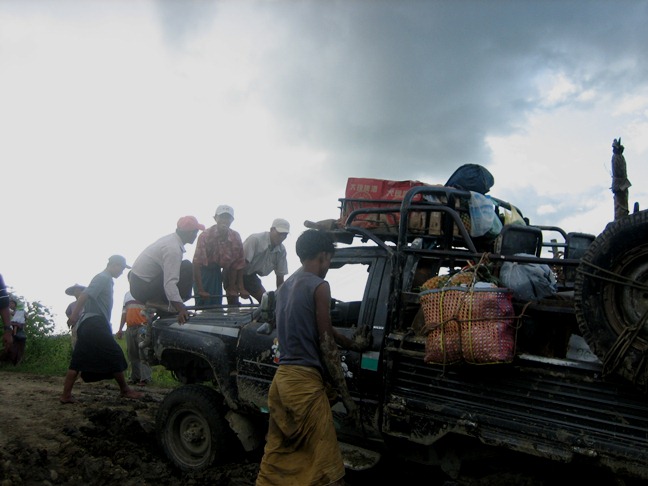Matthew Davies, from the Department of International Relations in the ANU College of Asia and the Pacific, has recently weighed into the debate about international responses to politics in Burma. In his piece titled “Non-intervention the mother of reinvention in Burma” Davies argues:
The brutal truth is that there is nothing that guarantees the continued reform of Burma. ASEAN offers a way to engage the Burmese leadership and society in non-threatening discussions about rights in a forum where sovereign equality and non-intervention remain paramount. There will be no single case in front of the ASEAN rights Commission that sees Burma forced to democratise further, but given the nature of the Burmese government it is doubtful that such ostensible external interference would do anything but antagonise a government that has repeatedly proven a willingness to embrace isolation when under pressure. Given that there is scant evidence that US and EU sanctions achieved anything substantive, the soft approach ASEAN has always preferred is an intriguing alternative. The gradualism of ASEAN is often used as ammunition against it, but given the current Burmese situation, it also offers a unique opportunity to protect and nurture the green shoots of reform so long hoped for.
I expect in the years ahead that this argument will be made repeatedly, especially in ASEAN capitals. I anticipate that many regional statesmen will feel vindicated for their Burma policy decisions over the past two decades. Many will be quietly chuffed that they can claim to have read the situation with more accuracy than others. Their optimistic embrace of Burma’s generals was often criticised. Some will now point to their own regional awareness as an alternative to the hectoring that has, on occasion, emanated from Washington, London or Canberra.
 Facebook
Facebook  Twitter
Twitter  Soundcloud
Soundcloud  Youtube
Youtube  Rss
Rss 